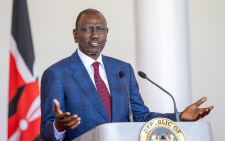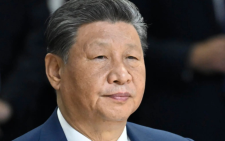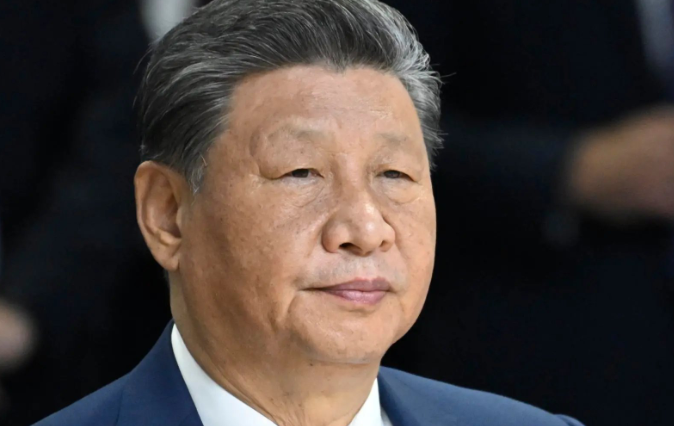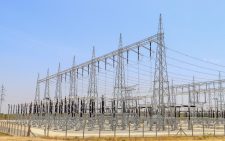Kenya agrees to ink trade deal with European Union
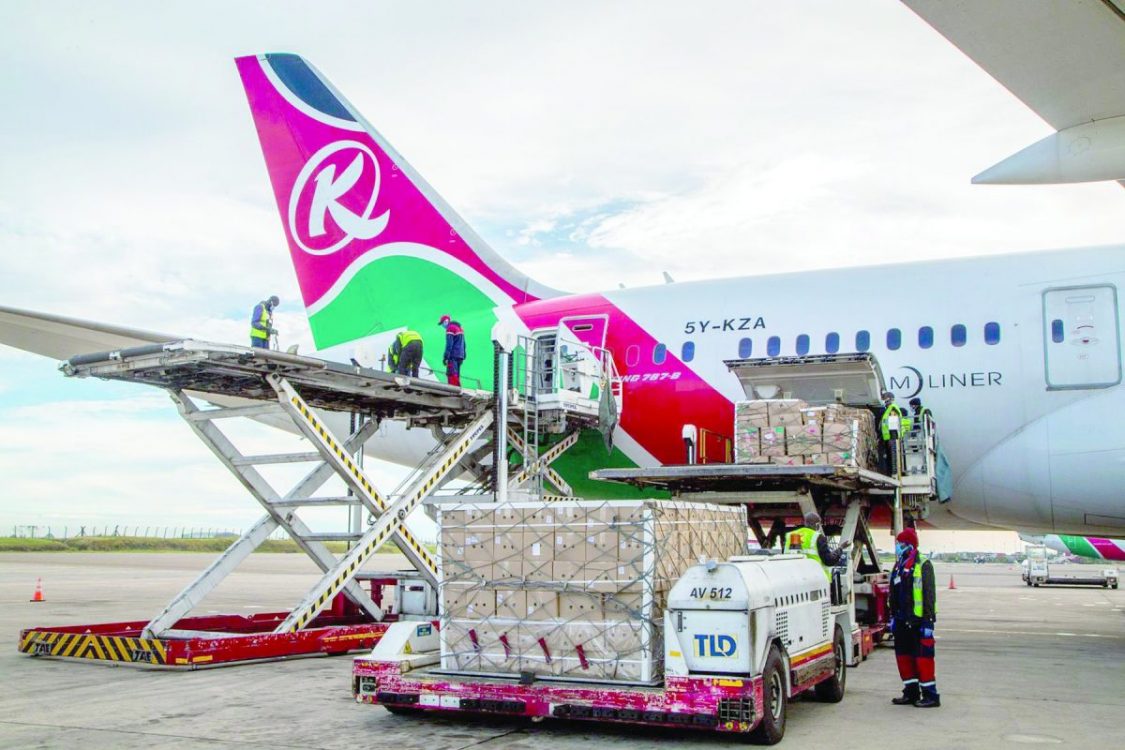
Kenya has reached an important trade agreement that will see its goods get duty free access to the European Union (EU) market in a deal set to be announced today. The deal comes as EU seeks to counter the increasing involvement of China in the continent.
Under the interim Economic Partnership Agreement (IEPA) Kenya will be granted duty-free and quota-free access to the EU market for all its exports, including commodities such as coffee, flowers, and minerals. In return, Kenya will gradually open its market to more imports from the EU. Additionally, Kenya has agreed to enforce binding commitments related to environmental protection, climate action, and labor rights.
An EU official emphasised on Wednesday that this deal signifies a “partnership of equals.” It is the first trade agreement the EU has formed with an African nation since its 2016 agreement with Ghana.
Attractive destination
The official further stated that Kenya aims to demonstrate itself as an attractive destination for businesses to establish their operations, sending a strong message to European investors.
“It is a partnership of equals,” the EU official told The Financial Times on Wednesday about the deal, the first trade accord the EU has struck with an Africa nation since an agreement with Ghana in 2016.
“Kenya wants to show . . . [it is] a good place for companies to set up shop. This agreement sends that message very powerfully to European investors.”
Valdis Dombrovskis, the European Tade Commissioner, travelled to Nairobi yesterday to finalise the agreement with Kenya’s President William Ruto.
This trade deal stems from negotiations over a broader regional EPA (East African Community) that concluded in 2014 but was never implemented. Out of the original five member states — Kenya, Rwanda, Burundi, Tanzania, and Uganda — only Kenya ratified the agreement. Other member states allowed Kenya to renegotiate the agreement independently two years ago. The official mentioned that the remaining members, which now include the Democratic Republic of Congo and South Sudan, are categorised as least-developed countries by the United Nations and are eligible for tariff and quota-free access to the EU. However, they could potentially join the new IEPA.
According to the World Bank, Kenya is the seventh-largest economy in Africa based on purchasing power parity.
However, Nairobi has recently faced protests led by the opposition due to rising living costs resulting from increased fuel and food prices, partly influenced by Russia’s invasion of Ukraine. The country has also experienced a decline in its currency and rising borrowing costs.
The EU serves as Kenya’s largest export market, accounting for over 20 per cent of the country’s total exports to the world, as stated in a 2021 European Commission document. More than 70 per cent of Kenya’s flower production is destined for the European bloc.
Exported goods
In 2022, Kenya exported goods worth €1.3 billion (Sh198.04 biillion) to the EU and imported products valued at €2 billion (Sh304.67 billion). Two-way trade between them has grown by approximately 25 per cent since 2019.
During an EU-Kenya business forum in February, President Ruto expressed that a trade deal with the EU would enable Kenya to expand its export base. Furthermore, Kenya is engaging in talks with the United States to strengthen their trade relationship.


